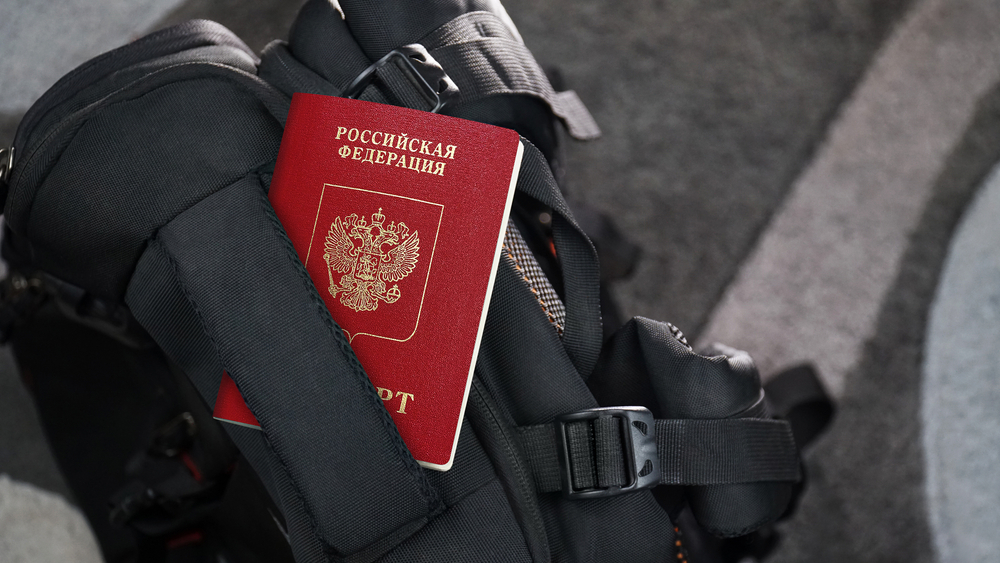As Montenegro edges closer to EU membership, it plans to introduce visas for Russian citizens.
Others are reading now
Montenegro is preparing to implement a visa regime for citizens of Russia and Belarus as part of its alignment with Schengen visa rules, according to Dan, citing government sources.
The move reflects Montenegro’s aspirations for European Union membership and broader European integration but risks impacting its economy and exacerbating tensions with Moscow.
As an EU candidate country, Montenegro is required to harmonize its visa policies with those of the Schengen Area.
This alignment will also apply to countries like India, Iran, China, Pakistan, and Turkey.
Also read
But due to the ongoing war in Ukraine and heightened diplomatic strain, Russia is at the top of the list for restricted access.
While the Montenegrin government awaits an official request from the EU, the likelihood of securing exemptions for specific countries appears slim.
Introducing a visa regime for Russian citizens would align Montenegro with the EU’s stance but could diminish the influx of Russian tourists and residents, a group that contributes greatly to the Montenegrin economy.
Economic Implications
According to the Moscow Times, in 2023, 246,000 Russian tourists visited Montenegro, accounting for 3.7 million overnight stays—a record-breaking figure. Russian and Ukrainian visitors collectively contributed €163 million to Montenegro’s budget through VAT revenues.
Additionally, more than 26,000 Russian citizens hold residence permits in Montenegro, with over 1,100 classified as permanent residents. Introducing visa requirements is likely to reduce these numbers, potentially impacting the real estate, hospitality, and services sectors that have benefited from this demographic.
Deteriorating Relations with Russia
The visa proposal is the latest in a series of strained interactions between Montenegro and Russia.
Relations soured following the invasion of Ukraine, leading to mutual diplomatic expulsions.
In 2022, Montenegro expelled nearly all Russian embassy staff and detained several citizens suspected of working for Russian intelligence. Moscow retaliated by expelling Montenegrin diplomats and declaring key officials personae non gratae.
Montenegro is not alone in facing EU pressure to tighten visa policies.
Another Balkan state, Bosnia and Herzegovina, introduced a visa regime for Russian citizens after becoming an EU candidate in December 2022. Harmonizing visa policies is one of the prerequisites for receiving €6 billion in EU funding under the European Commission’s Development Plan.


